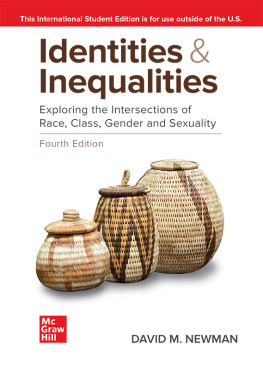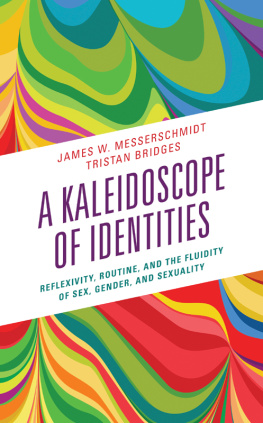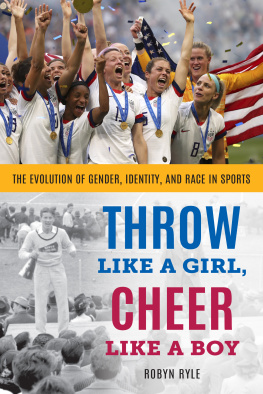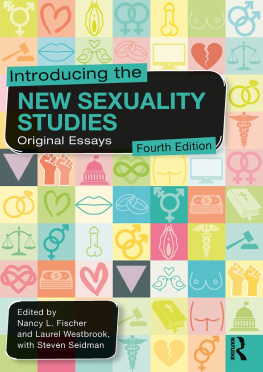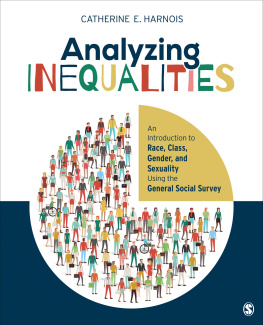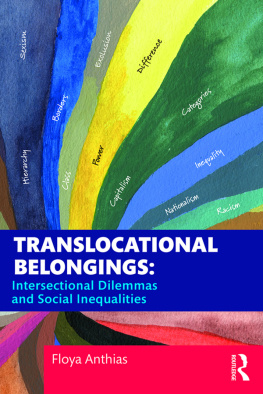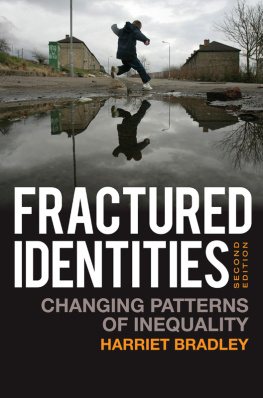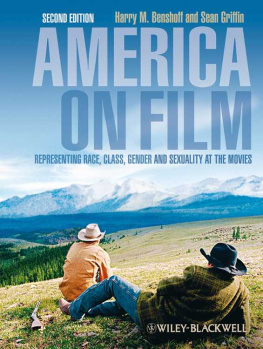Page i
IDENTITIES
AND
INEQUALITIES
EXPLORING THE INTERSECTIONS OF RACE,
CLASS, GENDER, AND SEXUALITY
FOURTH EDITION
DAVID M. NEWMAN
DePauw University
Colgate University

Page ii

IDENTITIES AND INEQUALITIES
Published by McGraw Hill LLC, 1325 Avenue of the Americas, New York, NY 10121. Copyright 2022 by McGraw Hill LLC. All rights reserved. Printed in the United States of America. No part of this publication may be reproduced or distributed in any form or by any means, or stored in a database or retrieval system, without the prior written consent of McGraw Hill LLC, including, but not limited to, in any network or other electronic storage or transmission, or broadcast for distance learning.
Some ancillaries, including electronic and print components, may not be available to customers outside the United States.
This book is printed on acid-free paper.
1 2 3 4 5 6 7 8 9 LCR 26 25 24 23 22 21
ISBN 978-1-260-59801-8
MHID 1-260-59801-2
Cover Image: Courtesy of David M. Newman
All credits appearing on page or at the end of the book are considered to be an extension of the copyright page.
The Internet addresses listed in the text were accurate at the time of publication. The inclusion of a website does not indicate an endorsement by the authors or McGraw Hill LLC, and McGraw Hill LLC does not guarantee the accuracy of the information presented at these sites.
mheducation.com/highered
Page iii
FOR MY MOM... AND ALL OTHER VICTIMS OF COVID-19
Page iv
About the Author
David M. Newman is a Professor of Sociology at DePauw University and is currently a Visiting Professor at Colgate University. He received his PhD in sociology from the University of Washington in 1988. He teaches courses in deviance, mental illness, family, social psychology, and research methods and has won teaching awards at both the University of Washington and DePauw University. He has published numerous articles on teaching and has presented several research papers on the intersection of gender and power in intimate relationships. In addition to this book, he has authored two textbooks, Sociology: Exploring the Architecture of Everyday Life (and co-edited an accompanying anthology) and Families: A Sociological Perspective. His most recent book, A Culture of Second Chances: The Promise, Practice, and Price of Starting Over in Everyday Life (2020, Lexington Books) explores the cultural ideology, institutional context, historical underpinnings, and personal experiences of second chances in everyday life. His next book will examine competitive parenting in an era of heightened public scrutiny and pressure to meet childrens developmental milestones.
Page v
Contents
Page vi
Page vii
Sexuality in the Media
Page viii
CHAPTER 5: INFLICTING INEQUALITIES: THE NATURE OF PREJUDICE AND DISCRIMINATION IN EVERYDAY LIFE
Page ix
The Face of American Poverty: In the Shadow of Plenty
Page x
Sexual Harassment
Page xi
Investigating Identities and Inequalities
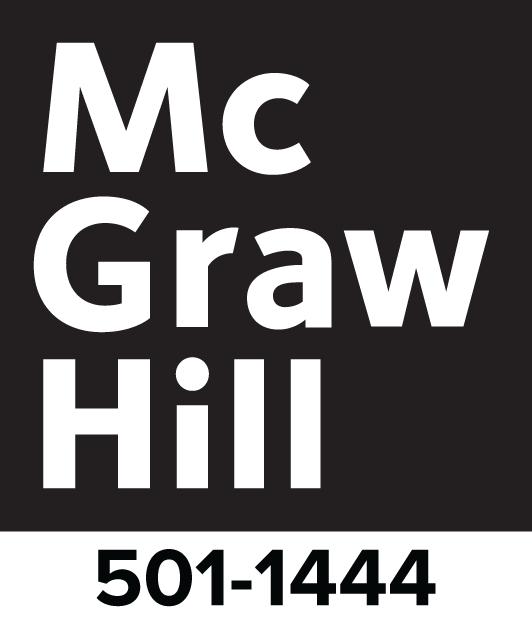
Page xii
preface
Prior to the coronavirus pandemic I was a regular visitor to the fitness center to my universitys physical education building, which has always been open to people in the local community as well as those affiliated with the school. You can always find an interesting mixture of individuals there: current and retired professors, current and former students, deans, administrative assistants, faculty spouses, artists, local law enforcement, UPS truck drivers, insurance salespeople, restaurateurs, farmers, contractors, clergy, and so on. The casual conversations youd typically hear in the locker room included laments about the dismal play of local sports teams, complaints about the weather, musings about government and politics, and of course advice on every imaginable topic from the best way to strip old wallpaper to how to hit a nine-iron out of the rough. Some professors could always be counted on to grumble about lazy students, too many exams to grade, the puny size of our pay raises, troublesome decisions by the administration, and so on.
To be honest, these topics bore me to tears. So Id usually do more eavesdropping than talking. Every once in a while, though, someone would try to engage me in casual chitchat. On multiple occasions, Ive had some version of this conversation:
| Other person: | So, David, how are your classes going? |
| Me: | Actually Im not teaching right now. Im on sabbatical. |
| Other person: | Sabbatical, huh? Must be nice, having a vacation, not having to work for months, and still getting paid! |
| Me: | [sounding annoyed] Its not a vacation! I work harder on sabbaticals than I do when Im teaching. |
| Other person: | Sorry. Touched a nerve there, eh? Anyway, what are you working on thats keeping you so busy? |
| Me: | Im revising a book. |
| Other person: | Oh yeah? Impressive. Whats it about? |
| Me: | Inequalities. |
Page xiii
I fully realize that such a one-word response is insufficient and a tad rude, but its always been an effective way to squelch a conversation that I didnt want to have in the first place. And since I have usually been dressed in a towel or less during these exchanges, Id want them to end as quickly as possible. Most people respond with unpersuasive expressions of interest (Hmm, that sounds... um... nice.), sarcasm (Fascinating! But if you dont mind, Ill wait for the movie version.), or vacant, deer-in-the-headlights stares. A couple of brave souls plunged past this conversational dead end, though. A soybean farmer once said he didnt realize that I was a math teacher. The owner of a local pizza joint suggested that if I wanted to sell more copies I should use the name Zorgon in the title. A guy Id never seen before complained that his own poor financial statedue to chronic unemploymentwas recently made worse by the fact that his wife left him. The ex-mayor asked if Id help him find a publisher for a book he wanted to write. Even colleagues from other departments whom youd expect would have a fair amount of empathymanaged to convey their disinterest or downright disapproval:
| Other professor: | What kinds of inequalities are you referring to? |
| Me: | Social inequalities. You know, race, class, gender, sexuality... stuff like that. |
| Other professor: | What do you know about social inequality? Youre a white, male college professor with a PhD, for crying out loud! |
From time to time I have wished that I was writing about something a little more concrete and a little less threatening, like the history of staplers or an illustrated coffee-table book about lawn furniture.
Writing any bookwhether its a childrens book, a romance novel, or a sociology textbookis a daunting task. Writing a book about a hot-button topic on which everyone has an opinionand usually a pretty strong opinionis absolutely terrifying. Social inequality is not just an academic subject, described and explained dispassionately during a semester-long college course. It is a way of life with real and sometimes perilous consequences. It touches people directly, whether were talking about their susceptibility to a deadly respiratory virus, the availability of economic and educational opportunities, their access to political decision makers, their interactions with the law, the way other people communicate with them, or the prestige and power their group has in society. Some people want to deny the existence of inequality, hoping that if we simply say it doesnt exist, it will disappear; others wear it as a moral badge, making it a part of everything they do and say.
Next page
